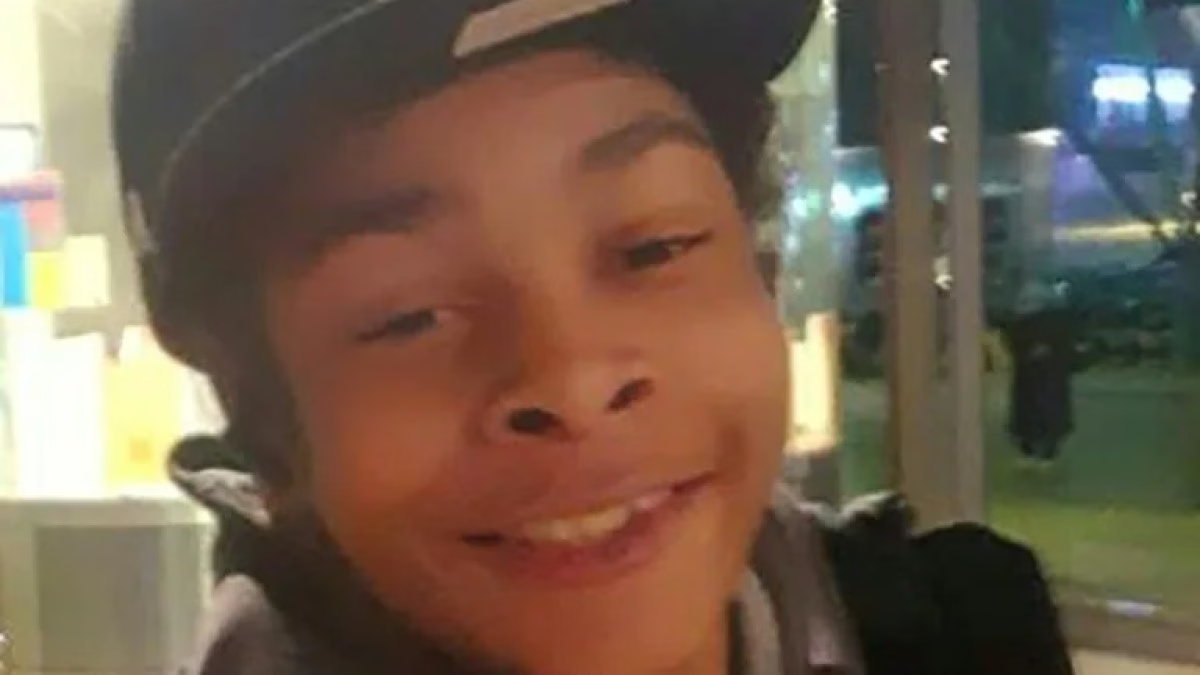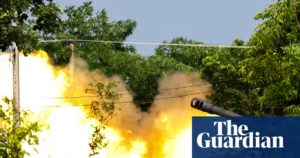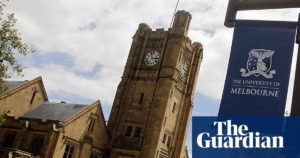A fatal assault on a teenager has reignited concerns about the long-standing issue of knife crime in the British capital.
Two teenagers from Britain have been given life sentences, with a minimum of 15 years, for the murder of a 14-year-old boy who was stabbed to death on a London bus in broad daylight earlier in the year.
At London’s Old Bailey court, Judge Mark Lucraft handed down life sentences to the pair, whose names cannot be revealed because of their age. They will be eligible for parole after serving 15 years and 110 days in custody.
On January 7, the pair stabbed Kelyan Bokassa, 14, a total of 27 times with machetes on a bus in the Woolwich area of southeast London, and he subsequently died from his injuries.
The accused, aged 16 and 15 at the time of the murder, were arrested later that month and have pleaded guilty to murder in May.
The violence has reignited worries regarding youth gang violence and the long-term issue of knife crime affecting the British capital and other UK cities for years.
Knife crime has gone up by nearly 80% in Britain since 2015.
Last year, 10 teens were fatally stabbed in London alone, following the deaths of 18 in 2023, according to the London Metropolitan Police.
In September of last year, a 15-year-old boy – said to be a close friend of Bokassa’s – was also fatally stabbed in Woolwich, reportedly in a gang-related retaliation.
In August of the previous year, after another violent incident that caused outrage across Britain, a teenager committed a series of deadly stabbings in the coastal town of Southport, resulting in the deaths of three young girls.
Detective Chief Inspector Sarah Lee, whose team investigated Bokassa’s murder, stated that youth violence in London disproportionately impacts young Black males and boys.
She emphasized that the high number of teenage deaths, like Bokassa’s, should be a top concern for all politicians, policymakers, and those who want to improve the lives of children in London.
Judge Lucraft noted that one of the perpetrators was himself a victim of child criminal exploitation by gangs and had experienced a history of trauma. The second boy was also exploited by gangs from the age of 12 and had undiagnosed developmental needs.
“It is sadly the frequent, meaningless loss of another young life to the horrors of knife crime,” expressed Lucraft, stating that no court sentence can truly compensate for such tragedy.
Shortly after the murder, Bokassa’s mother, Marie Bokassa, discussed in the media that her son had also been exploited by gangs in the Woolwich area.
Addressing the court on Friday, she asked, “How can children act like this?” and “What have children been exposed to to show such behavior?”
At London’s Old Bailey court, Judge Mark Lucraft handed down life sentences to the pair, whose names cannot be revealed because of their age. They will be eligible for parole after serving 15 years and 110 days in custody.
On January 7, the pair stabbed Kelyan Bokassa, 14, a total of 27 times with machetes on a bus in the Woolwich area of southeast London, and he subsequently died from his injuries.
The accused, aged 16 and 15 at the time of the murder, were arrested later that month and have pleaded guilty to murder in May.
The violence has reignited worries regarding youth gang violence and the long-term issue of knife crime affecting the British capital and other UK cities for years.
Knife crime has gone up by nearly 80% in Britain since 2015.
Last year, 10 teens were fatally stabbed in London alone, following the deaths of 18 in 2023, according to the London Metropolitan Police.
In September of last year, a 15-year-old boy – said to be a close friend of Bokassa’s – was also fatally stabbed in Woolwich, reportedly in a gang-related retaliation.
In August of the previous year, after another violent incident that caused outrage across Britain, a teenager committed a series of deadly stabbings in the coastal town of Southport, resulting in the deaths of three young girls.
Detective Chief Inspector Sarah Lee, whose team investigated Bokassa’s murder, stated that youth violence in London disproportionately impacts young Black males and boys.
She emphasized that the high number of teenage deaths, like Bokassa’s, should be a top concern for all politicians, policymakers, and those who want to improve the lives of children in London.
Judge Lucraft noted that one of the perpetrators was himself a victim of child criminal exploitation by gangs and had experienced a history of trauma. The second boy was also exploited by gangs from the age of 12 and had undiagnosed developmental needs.
“It is sadly the frequent, meaningless loss of another young life to the horrors of knife crime,” expressed Lucraft, stating that no court sentence can truly compensate for such tragedy.
Shortly after the murder, Bokassa’s mother, Marie Bokassa, discussed in the media that her son had also been exploited by gangs in the Woolwich area.
Addressing the court on Friday, she asked, “How can children act like this?” and “What have children been exposed to to show such behavior?”







